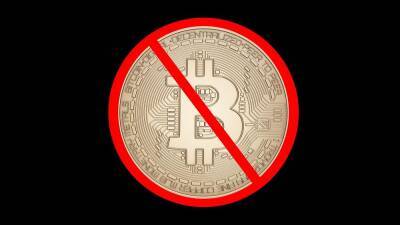Brain drain: India’s crypto tax forces budding crypto projects to move
India’s 30% crypto tax came into law on March 31 and was effective April 1, despite warnings from several stakeholders about its possible ill impact on the budding crypto industry.
As predicted, within just a couple of weeks of the new crypto tax law coming into effect, trading volume across major crypto exchanges dropped as much as 90%. The decline in trading activity was attributed to traders either moving their funds away from centralized crypto exchanges or adopting a holding strategy over trading.
Many crypto exchanges were hoping that a crypto tax would at least offer some form of recognition to the crypto ecosystem and help them get easy access to banking services. However, the effect has been the opposite.
On April 7, the National Payment Corporation of India (NPCI) issued a statement claiming they were not aware of any crypto platforms using the Unified Payments Interface (UPI) — the national fiat payment gateway.
While crypto exchanges were not using the UPI directly, they previously partnered with several payment processors with UPI access to facilitate fiat to crypto onboarding.
This is a common strategy incorporated by several leading crypto platforms around the world. Binance has done it in the United Kingdom, Malaysia and a few other jurisdictions after it was prohibited from directly accessing the national fiat payment gateway in respective countries.
Following the NPCI’s April 7 statement, however, payment service providers — ostensibly from an overabundance of caution toward the government’s hostile stance on crypto — began to sever ties with crypto platforms.
Now, Indian crypto exchanges can’t even find a third-party payment processor despite the newly introduced crypto tax laws.
This, combined with the
Read more on cointelegraph.com
 cointelegraph.com
cointelegraph.com


















